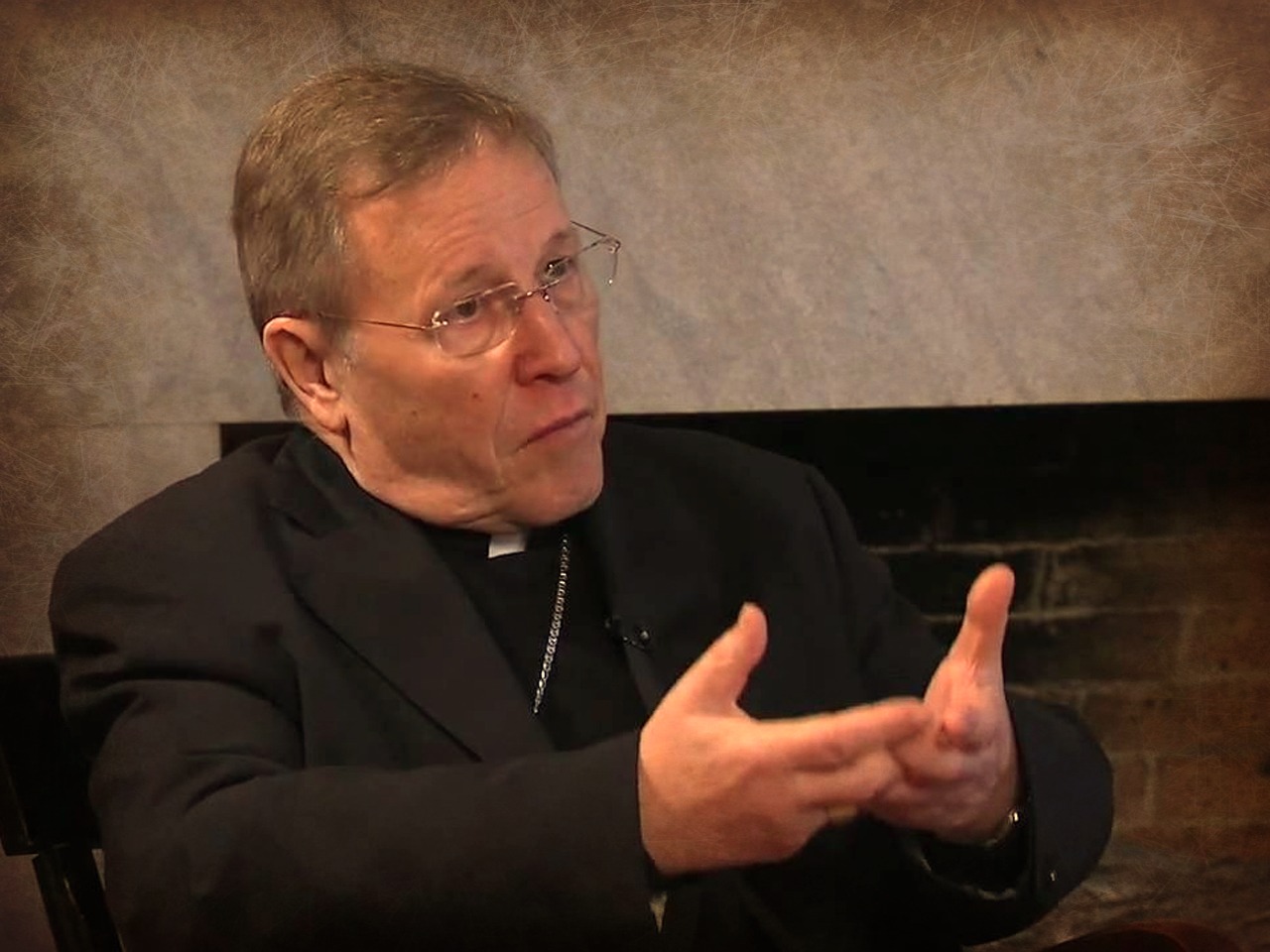Cardinal Walter Kasper is turning 85. On this occasion, Katholisch.de, the news site of the German bishops quotes Anette Schavan – the German Ambassador to the Holy See – who once described Kasper in his presence as “pope maker.” To which tribute he modestly demurred.
In a 5 March article, Thomas Jansen, the editor-in-chief of Katholisch.de, reviews Kasper’s life and comes then also to speak about Kasper’s promoting the idea of Communion for the “remarried” divorcees. Jansen writes:
That the Synod of Bishops on Marriage and the Family in 2015 then made free the way for admittance of remarried divorcees, in individual cases, and that then the pope changed the heretofore Church practice in his document Amoris Laetitia, was finally also due to Kasper’s contribution.
Later in the article, Jansen makes it clear that “for Kasper, the Church’s opening toward the remarried divorcees was also a belated confirmation.” For, in 1993, Kasper had already made a similar proposal, together with Karl Lehmann, bishop of Mainz, and Archbishop Oskar Saier of Freiburg. At that time, explains Jansen, the Congregation for the Faith stopped the initiative.
It is in this context of the question of the divorced and “remarried” couples and Amoris Laetitia that Jansen brings up the claim that Cardinal Kasper is also a “pope maker.” He says: “According to some insiders, Kasper was possibly not entirely innocent that the archbishop of Buenos Aires, Jorge Mario Bergoglio, was at all elected pope – even if the cardinal himself does not want to hear of such speculations.” Jansen continues, referring to Ambassador Annette Schavan: “When the German Ambassador to the Holy See, Annette Schavan, once presented him as the ‘pope maker,’ he spurned it modestly. In any event, he was was the only one among the German cardinals who had met Bergoglio personally, and more than fleetingly.” Kasper is here quoted as saying: “Already then, I was impressed by his personality.” In a book about the 2013 Conclave, which contains comments by all of the German cardinals, “Cardinal Kasper’s essay showed by far the most joy about Francis,” says Jansen.
As Jansen also affirms, Cardinal Kasper barely even made it into the last conclave, because he had just turned 80 years of age. But since the date of the death (or abdication, as it was the case in 2013) of the pope is decisive, he was still able to attend and vote in that election. (As some observers noted, it was a generous gesture toward Cardinal Kasper that Pope Benedict XVI had decided to retire in due time.)
Jansen himself points out how it was Pope John Paul II who made Kasper a bishop in 1989. “At that time, he made quite a stir beyond the borders of his diocese with his initiative in favor of the remarried divorcees,” the journalist adds. It is after that period of time that Pope John Paul II then surprisingly called him to Rome, for some even more prominent positions and roles, and made him a cardinal.
This Katholisch.de report is of special interest in light of the ongoing discussion of the Sankt Gallen Group. In his new book To Change the Church. Pope Francis and the Future of Catholicism, Ross Douthat reminds us of an important aspect in this matter:
It was characteristic of the church’s effective truce [between conservatives and progressivists] that John Paul II himself had given most of them [the Sankt Gallen cardinals] their red hats, elevating them despite their disagreement with his restorationist approach.
As to Cardinal Kasper himself, he now praises Pope Francis as being a prophet. In a 4 March interview with Katholisch.de, he says that he feels “an inner closeness to the pope,” even if he does not meet him very often. The German cardinal adds that the pope has “something prophetic” in the way he speaks, lives, and rules. Kasper continues with the following words:
For him [Pope Francis], it is about a fundamental re-orientation according to the Gospel. In this sense, he is through and through an evangelical pope who, like all prophets and Jesus Himself, offends with his message and is being misunderstood. On the other hand, he is being listened to far beyond the borders of the Catholic Church. Thus it is a pontificate of great prophetical perspectives which he himself will not be able to lead to an end. But I hope that his impulses will be effective far beyond this pontificate.
As two specific points of that reform, Cardinal Kasper names the question of intercommunion where “there is theologically more [that is] possible than what we do so far,” as well as the viri probati, the ordination of certain married men to the priesthood. He proposes to start with ordaining a few married deacons, “as a model,” and not to start right away on a large scale. Priestly celibacy should be preserved, explains Kasper, “but next to it, there could be viri probati, in my view.”
Whether Cardinal Kasper is a “pope maker” or not, he certainly seems to have a lot of common ground with Pope Francis.


